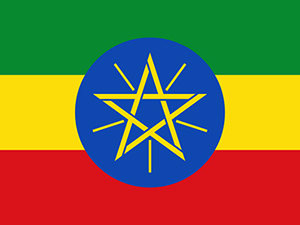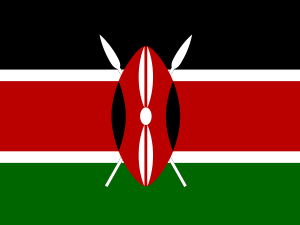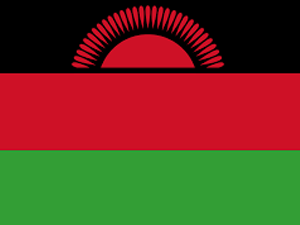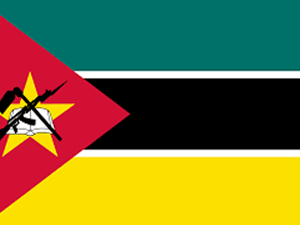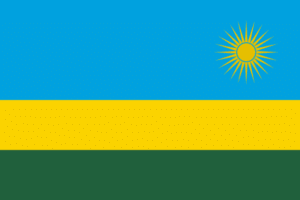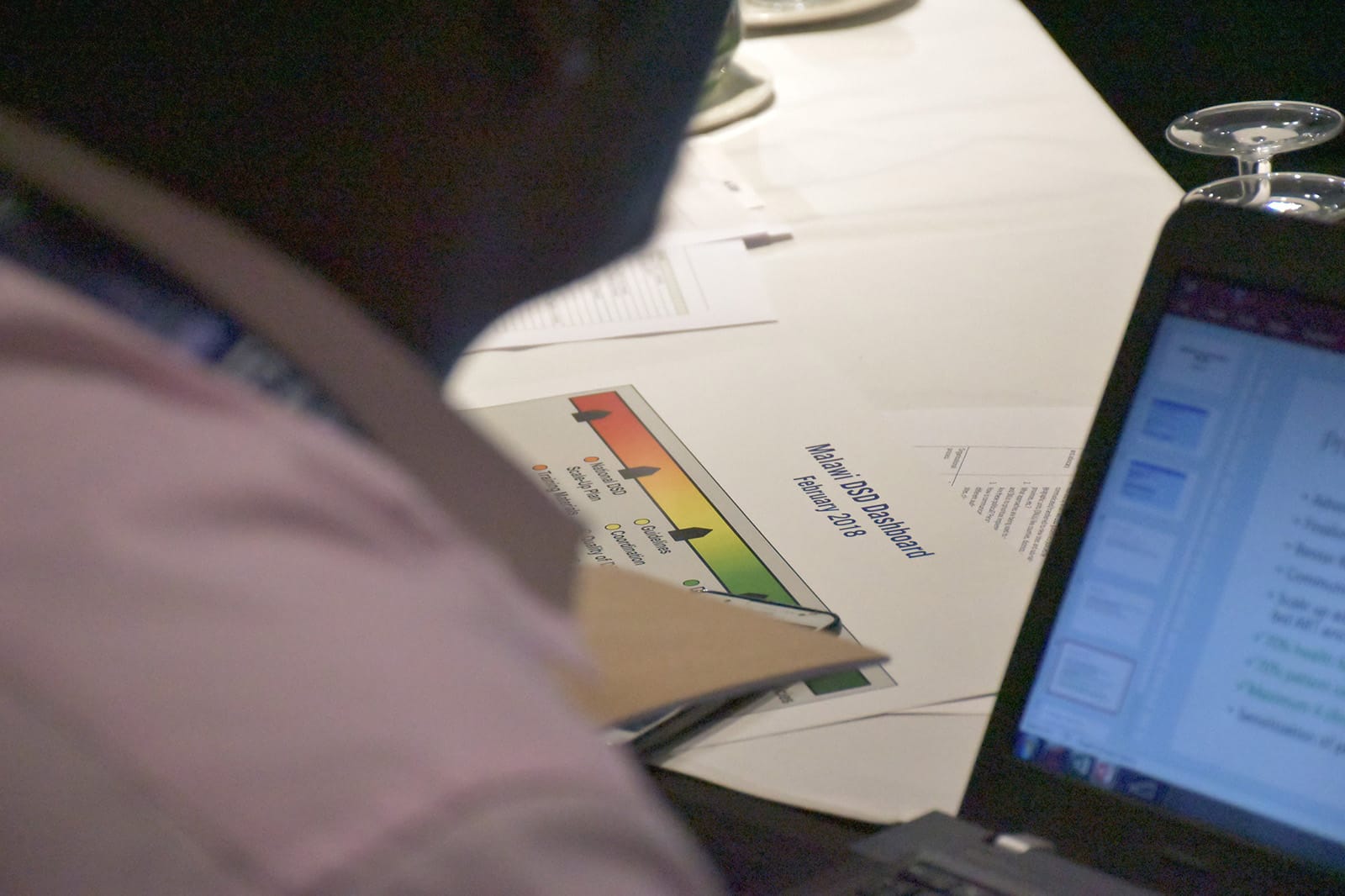CQUIN aims to improve both the coverage and quality of differentiated service delivery (DSD) models and innovations.
The CQUIN Capability Maturity Model (CMM) plays a pivotal role in monitoring the progress of Differentiated Service Delivery (DSD) coverage in network countries. These countries have made significant strides in expanding geographic coverage and increasing the enrollment of eligible individuals in differentiated Antiretroviral Therapy (DART) models.
However, when it comes to DSD quality, most network countries have experienced a slower pace of improvement. Programmatic experiences have highlighted the critical need to address DSD quality challenges. These challenges include the imperfect application of DSD eligibility criteria, suboptimal utilization of viral load data, program design changes that may discourage enrollment, experience of disrespectful care, and potentially harmful deviations from DSD guidelines.
CQUIN hosts a thriving community of practice (CoP) that aims to ensure sound quality management systems for DSD programs, engaging experts from Gates Foundation, PEPFAR, CDC, USAID, DOD, WHO, RoC, and other stakeholders via regular in-person and virtual meetings and through collaborative network project activities.
Community of Practice
Launched in October 2018, the Quality Management CoP focuses on building capacity for DSD-specific quality management, including the development of DSD-specific quality standards, indicators, and quality assurance (QA) tools and exchanging resources to support quality improvement (QI) of DSD programs.
The CoP enables network countries to contribute towards the scale-up of high-quality DSD programs by exchanging best practices related to DSD quality management, identifying opportunities to co-create resources, and working to strengthen networks of practitioners and policymakers to promote ongoing cross-country learning.
Twenty countries are actively engaged in the CoP.
Ms. Gillian Dougherty, deputy director for HRH and senior QI advisor at ICAP New York (gd2410@cumc.columbia.edu), is the technical lead, supported by Dr. Onyekachi Ukaejiofo, CQUIN regional, clinical, and quality improvement advisor (ou2122@cumc.columbia.edu), and Ms. Phephile Dlamini, project operations coordinator from ICAP in Eswatini. Contact Gillian or Onyekachi if your country team is interested in joining this CoP.
Activities
- In June 2019, CQUIN hosted an all-network workshop on DSD Quality and QI, and the network continues to explore each of the three elements of the classic “Juran Triad” as they relate to DSD – quality planning, quality assurance, and quality improvement.
- In 2020, the community of practice reacted to the lack of global and national quality standards for DSD by co-creating a DSD quality standards framework for less-intensive DART models; the English version is here, and the French version is here.
- In 2021, the CQUIN Quality Management for DSD Programs community of practice developed a quality assessment toolkit for DART models. The tool was pilot-tested in three countries and is intended to serve as a complementary resource for stakeholders to assess and improve DART quality. Network countries are actively adapting the standards and assessment toolkit for their own local context.
- April 2022, CQUIN hosted the second Quality Management workshop where network countries shared progress in their quality management journey, including showcasing examples of national DSD quality standards, quality assessment data, and quality improvement projects. Additionally, the quality management, recipient of care, and M&E community of practices have co-created a recipient of care satisfaction decision matrix and toolkit to provide network countries with best practices for assessing and improving on recipient of care satisfaction.
- In 2023, the quality management, recipient of care, and M&E community of practices co-created a recipient of care satisfaction decision matrix and toolkit.
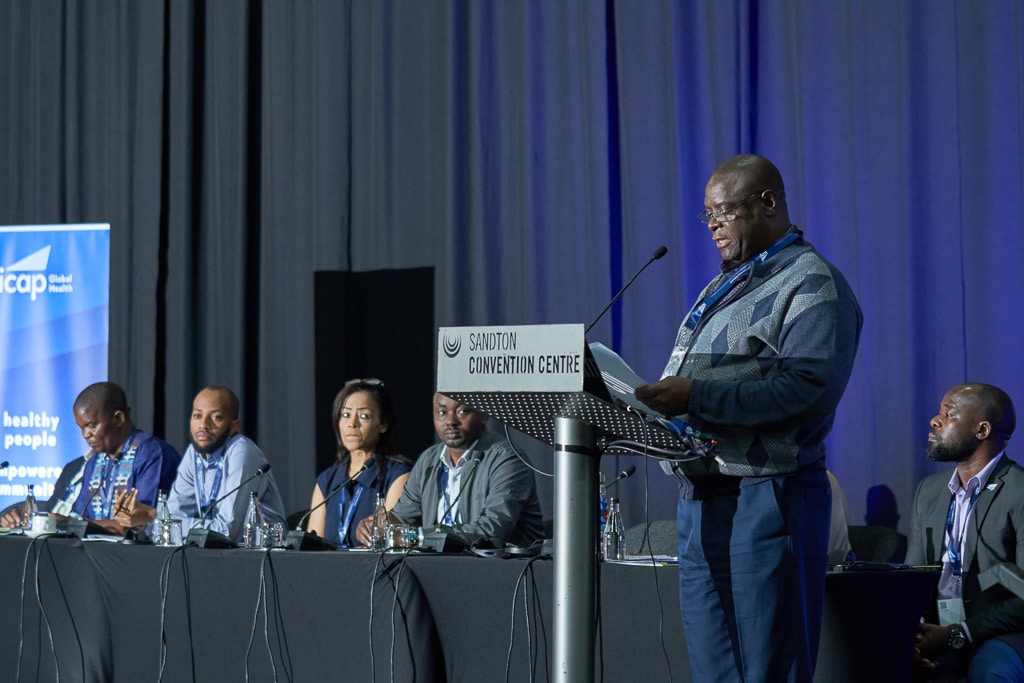
Jimmy Gamma, USAID Malawi, giving a presentation at the CQUIN 7th annual meeting in a breakout session on the Quality CoP
FAQ
Planning
Quality planning asks: “What is the quality standard?” and establishes goals and targets for health system performance. While all CQUIN Network partner countries have national DSD policies and guidelines, and many have targets for DSD coverage, fewer have specific standards for DSD quality. The CQUIN Quality & QI community of practice has developed a DSD quality standards framework for less-intensive DSD treatment models and is working on relevant indicators for countries and programs to adapt to their local contexts.
Improvement
Quality improvement asks: “How can we continuously improve performance?” Key elements include identification of a quality challenge, root cause analysis, identification and prioritization of interventions, selection of indicators, and rapid, iterative tests of change. CQUIN has conducted a series of workshops and trainings on QI-for-DSD, and the Quality & QI community of practice continues exchange updates, outcomes, and resources related to QI-for-DSD projects. ICAP’s CQUIN team will also continue to provide training and capacity-building related to QI-for-DSD in 2023.
Assurance
Quality assurance asks: “Are we meeting the standard?” and measures performance against targets. The CQUIN Quality and QI community of practice continues to explore different countries’ approaches to DSD-specific QA (including related indicators and data sources) and the extent to which their growing DSD programs meet quality standards. In 2021, the Quality Management community of practice designed a quality indicators and assessment tool for DART models. The tool was tested in three countries, and additional network countries are currently adapting the toolkit for their local context.







